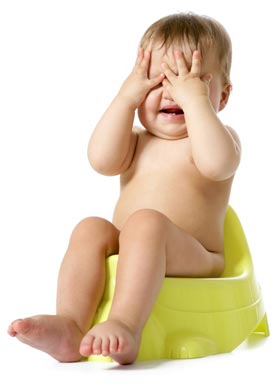Home Enema Expertise & Equipment
Are you seeking reliable information on colon cleansing topics such as how to take an enema, how to clean your enema equipment, or the benefits of coffee enemas? Are you shopping for quality home enema equipment like enema bags, a complete enema kit, or an enema nozzle? Published by
Along with details on all types of enema equipment, including convenient enema bag kits, Kristina provides thorough guidelines on how to use colon cleansing to optimize your health. Her instructional articles are based on extensive research and over 20 years of clinical experience. Topics include how to take enemas safely, recommended enema solutions, how to perform a coffee enema, and what ingredients to use for an enema implant.
Coffee Enemas
This website also offers information on a unique coffee enema protocol. Guidelines include how to find and use made-for-enema coffee, as well as educational material on preparing the enema coffee, recommended equipment, a procedure to optimize its benefits, and a nutritional practice to support the body while taking it…
▶︎ Learn More about Coffee Enemas
Colon Cleanse Alternative to Enemas
When taken under the guidelines laid out on this website, enemas are safe and effective. However, situations occur where a colon cleanse using an enema is not the best answer…
▶︎ Learn about Colon Cleanse Suppositories
Enema Equipment Buying Guide
Within these pages you will also find an enema equipment buying guide that helps you understand the benefits of different enema bags, nozzles, tubing, and clamps to find ones that most suit your individual needs. For instance, if your goal is a complete colon cleanse with a home enema series, you will find that the innovative Flowmaster Cleansing System enema bag kits offer a
▶︎ Read Full Equipment Buying Guide
How To Clean Enema Equipment
The best and simplest way to clean your enema equipment is to run hot, soapy water through both the bag or bucket and tubing. Use a small brush to thoroughly clean your nozzle, also with hot, soapy water. Add a few drops of our Grapefruit Seed Extract (GSE) to the soapy water, which acts as a non-toxic sterilizing agent. Our Enema Equipment Cleaning Kit includes both soap and GSE…
▶︎ Read Full Cleaning Instructions
Sign up for our HEALTH NEWSLETTER… and receive valuable subscriber-only SALE COUPONS!
As an e-mail subscriber, you will receive a special coupon code with each newsletter for use on our online store. Simply enter the coupon code into your shopping cart during the announced sale dates to receive a discount of 15% or more on your entire order. (We hold at least one subscriber sale per month.)
INFANT CONSTIPATION RELIEF TIPS
By Kristina Amelong, CCT, CNC
Infant constipation is a very common problem and is frequently observed by both pediatricians and family doctors. Constipation is usually diagnosed when an infant or child has hard stools and/or has difficulty defecating. In many instances infants are noted to strain excessively and have difficulty passing stools, even though their stools may be of normal consistency. Difficulty in passing stools is thought to represent a delay in maturation of intestinal motility.
Symptoms of Constipation in Infants
- Hard and/or dry stools that are difficult to pass, regardless of frequency
- Grunting or visible discomfort when passing a bowel movement
- Reduction in the frequency of bowel movements, particularly when your infant hasn’t had one for more than two days
What Causes Infant Constipation?
Normally, as digested food progresses through the intestinal tract, water and nutrients are absorbed and the waste material becomes stools. For a soft stool to form, enough water must remain in the waste material, and the lower intestinal and rectal muscles must contract and relax to move the stool along and out. A malfunction of either or both of these mechanisms — too little water or poor muscle movement — can cause constipation.
Being plugged up with a hard stool for three days can be very uncomfortable, so of course your baby might become quite colicky.
Your infant should be checked by a pediatrician if his or her bowels do not move daily.
How Much and What Sort of Stool Is Normal?










